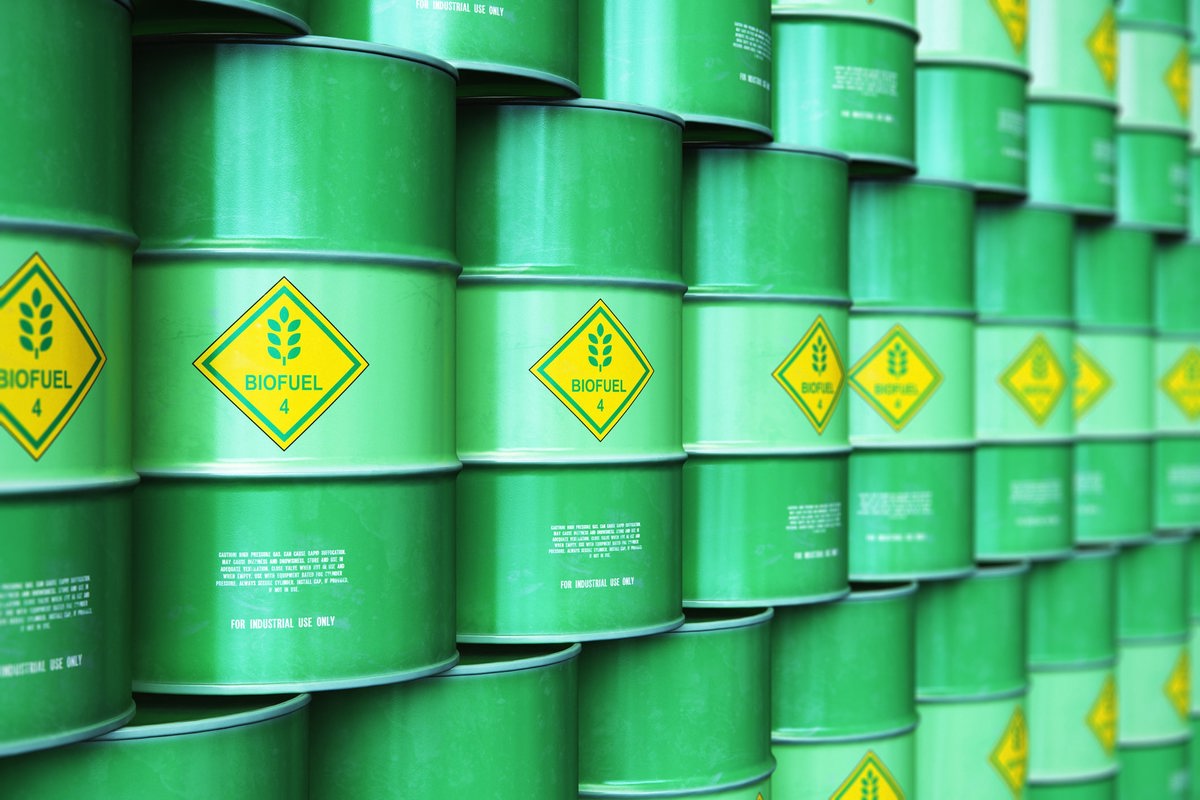FAME biofuels showed no major degradation during trials - GCMD
End-to-end biofuel supply trials detected no significant degradation of FAME-based biofuel blends “under commercial operating conditions," a GCMD study found.
 PHOTO: Getty Images
PHOTO: Getty Images
A recent study conducted by the Global Centre for Maritime Decarbonisation (GCMD) seeks to address concerns about degradation of biofuels derived from feedstocks containing oils and fats, or fatty acid methyl esters (FAME) biofuels.
“Relative to fossil diesel, FAME can be unstable since its natural oils and fats can slowly oxidise when exposed to atmospheric oxygen,” GCMD noted.
This gradual oxidation of natural oils and fats is called as degradation. It can be further accelerated by presence of water, impurities, biological contaminants or exposure to elements like light and heat. Degradation generates peroxides as well as other by-products such as organic acids, methanol, polymeric substances or sludge.
Such degradation can hurt the quality or performance of the biofuel over time, which can affect the fuel’s power output. Resulting by-products can corrode fuel delivery systems and clog filters and other fuel supply components on a ship. These have the potential to affect a ship’s engine performance and lifespan, GCMD said.
However, pilot trials suggest that FAME-based biofuels may not degrade as significantly as previously believed, which is promising for their use as bunker fuels, according to the study.
GCMD’s study involved monitoring four ships using bio-blends of used cooking oil methyl ester (UCOME)-based biofuels over a five-month period. Two ships were bunkered with a B24-VLSFO blend comprising 24% biofuel component and 76% VSLFO, while the other two ships were bunkered with a B20-HSFO blend.
“While antioxidants and biocides are typically added to FAME to enhance its stability, this trial omitted them to elucidate the native stability of FAME and its blends under commercially relevant conditions,” the report added.
The results indicated "no significant degradation" of UCOME-based biofuels across the entire biofuel supply chain, including production, transportation, storage, blending and delivery via bunker barges, the study found.
Maritime stakeholders should still “exercise proper fuel quality control” and proper handling and storage to avoid acceleration of FAME degradation, it concluded.
By Konica Bhatt
Please get in touch with comments or additional info to news@engine.online






